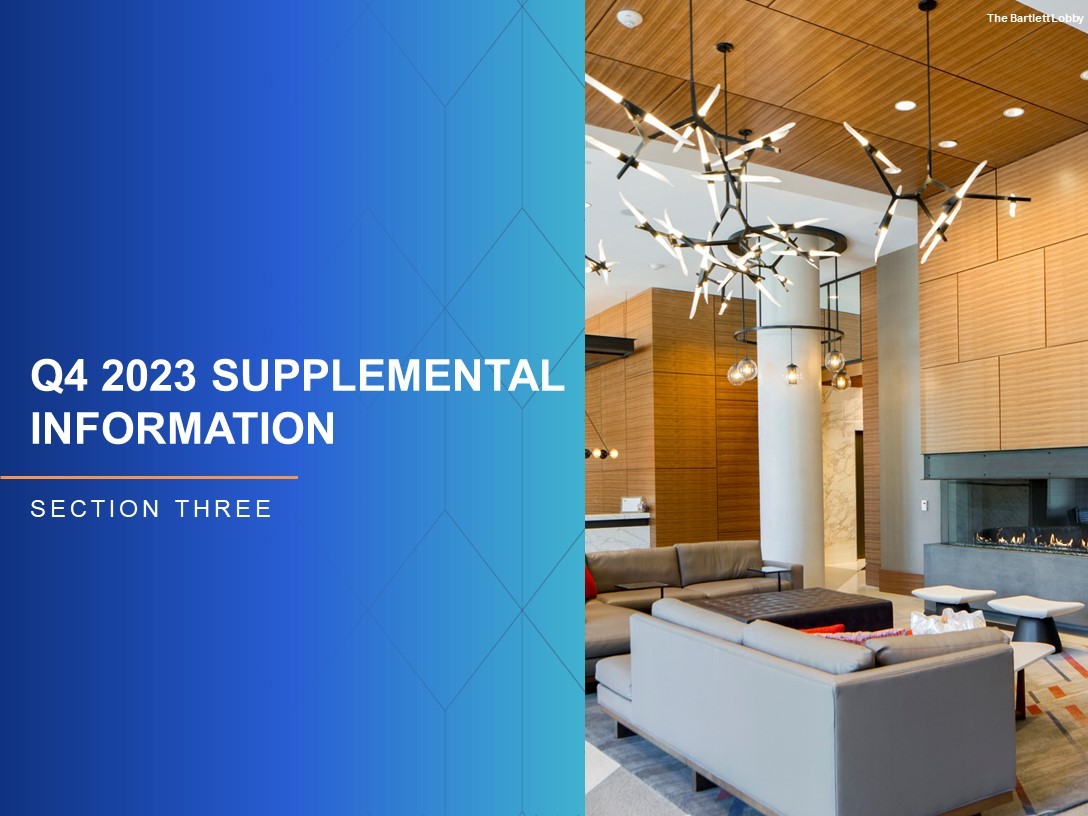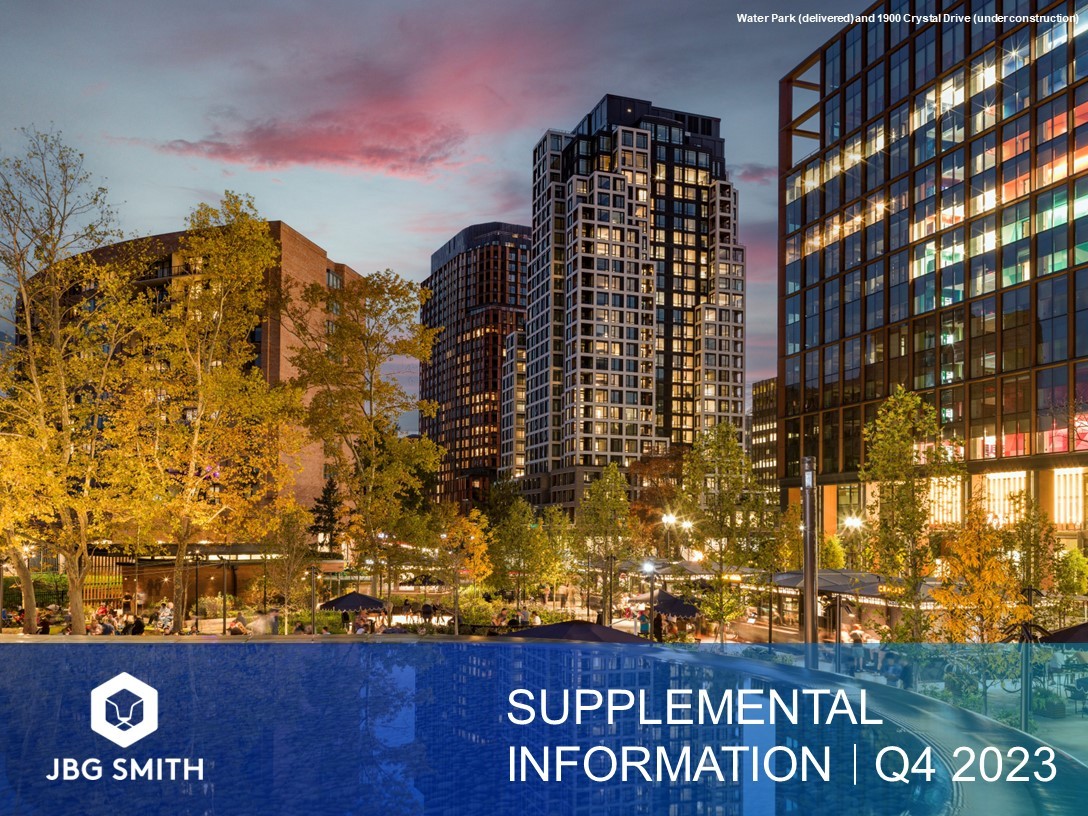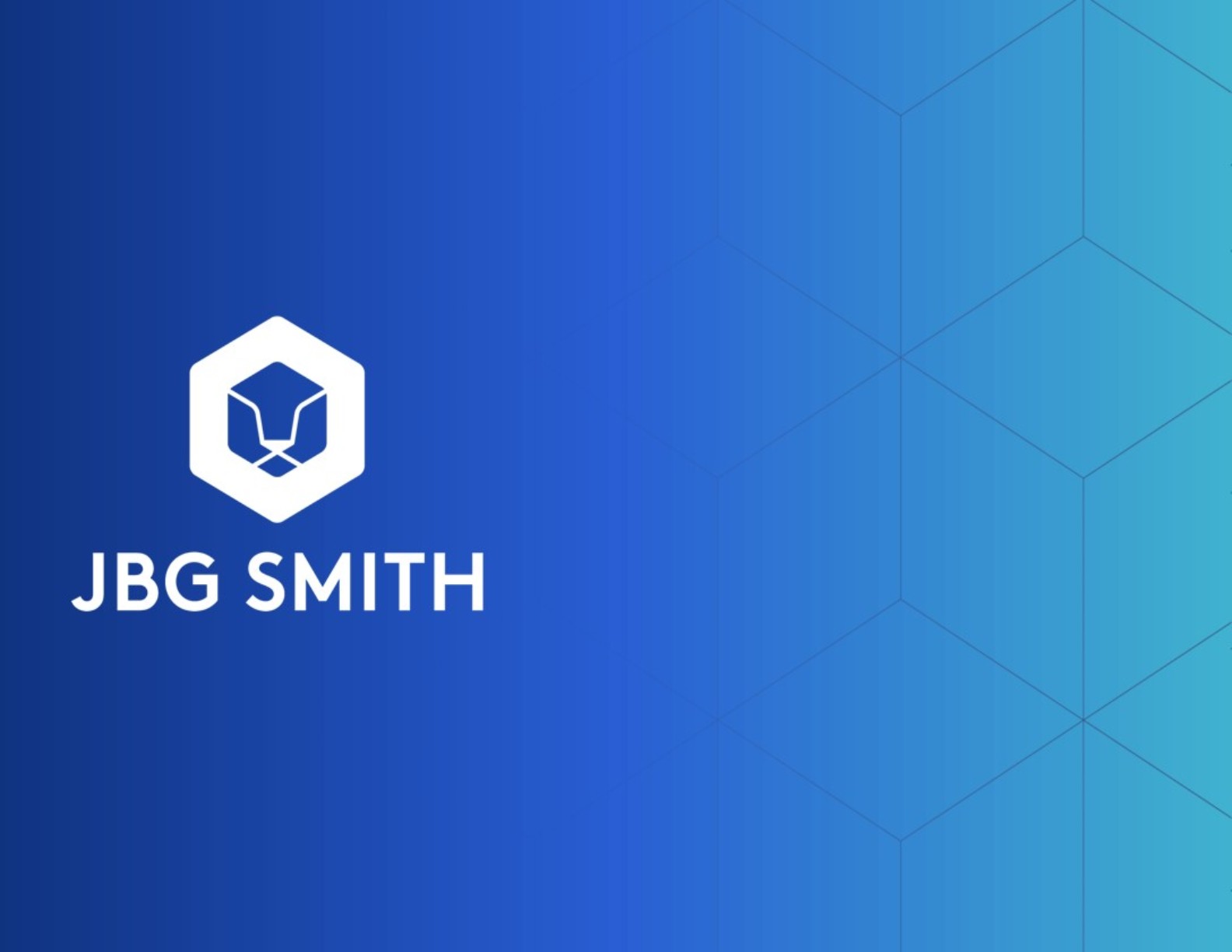Capital Allocation
Although U.S. Treasuries have recently seen a modest decline, institutional capital remains on the sidelines. Despite the effectively frozen transaction market, we continued to execute our plan to dispose of non-core assets, successfully closing $130.4 million (at our share) of asset dispositions during the fourth quarter, including: (i) Crystal City Marriott, a 345-key hotel in National Landing, for $80.0 million, (ii) 5 M Street Southwest, a Washington, DC land parcel entitled for over 664,000 square feet of potential development density, for $29.5 million, (iii) Capitol Point North – 75 New York Avenue, a Washington, DC land parcel entitled for over 285,000 square feet of potential development density, for $11.5 million, and (iv) Rosslyn Gateway North and South, an Arlington, Virginia covered land parcel entitled for over 800,000 square feet of potential development density, for $9.4 million at our 18% share. These sales represent an average capitalization rate of 4.8% on the income-producing assets and approximately $46 per square foot on the land parcels.
Additionally, subsequent to year-end, we sold two more non-core assets: (i) Central Place Tower, a 550,000 square foot office tower in Rosslyn, Virginia, for $162.5 million at our 50% share (adjusting for credits as well as other payments made by the purchaser, the sale price equates to approximately $660 per square foot), and (ii) North End Retail, a 27,000 square foot retail asset in the U Street/Shaw submarket of Washington, DC, for $14.3 million. These sales represent a 4.0% average capitalization rate after accounting for known and expected vacates and an estimated 6.0% – 6.5% capitalization rate once re-stabilized.
We expect new investments, including development projects, acquisitions, and share repurchases, to be largely funded, whether up front or after the fact, by asset recycling. We believe share repurchases continue to be the most accretive use of capital available to us, given the material discount of our share price to NAV. Our strong balance sheet and ample liquidity afford us the ability to capitalize on this disconnect. Over the course of 2023, we repurchased 22.6 million shares at a weighted average price of $14.83, totaling $335.3 million. Since the inception of our share repurchase program in 2020, we have repurchased 48.6 million shares, or approximately 33% of shares and OP units outstanding as of December 31, 2019, at a weighted average price per share of $20.63, totaling $1.0 billion.
Last week, our Board of Trustees, in consultation with management, reduced our annual dividend rate to $0.70; in making this determination, the Board considered several factors, including (i) our on-going capital recycling strategy, (ii) the expected performance and capital requirements of our commercial portfolio, and (iii) the upcoming delivery of our 1,583 under-construction multifamily units (upon delivery, capitalized interest ceases which reduces FAD and taxable income). Upon delivery of 1900 Crystal Drive, expected in Q2 2024, we will no longer be able to capitalize interest, which will increase annual interest expense by approximately $17.3 million once the construction loan is fully drawn. Upon delivery of 2000/2001 South Bell Street, expected in Q3 2025, we will no longer be able to capitalize interest, which will increase annual interest expense by approximately $14.1 million once the construction loan is fully drawn. The current weighted average interest rate on these loans is 7.2%, and while we anticipate refinancing upon stabilization, the ultimate terms of those future refinancings are not yet known.
We believe the reduced dividend rate will help preserve JBG SMITH’s financial flexibility, reinforce our already strong financial position, continue to cover our taxable income distribution requirements, and enhance the Company’s ability to take advantage of compelling opportunities, such as share repurchases, as they arise. Share buybacks are a form of capital return to investors, as are dividends. At our current discount to NAV, we believe buybacks are more accretive to our long-term NAV per share than excess (above taxable income) dividends. Having bought back approximately 33% of the shares and OP units that were outstanding when we began our buyback program, we have eliminated approximately $34.0 million in annual dividends on those securities at the current dividend level.
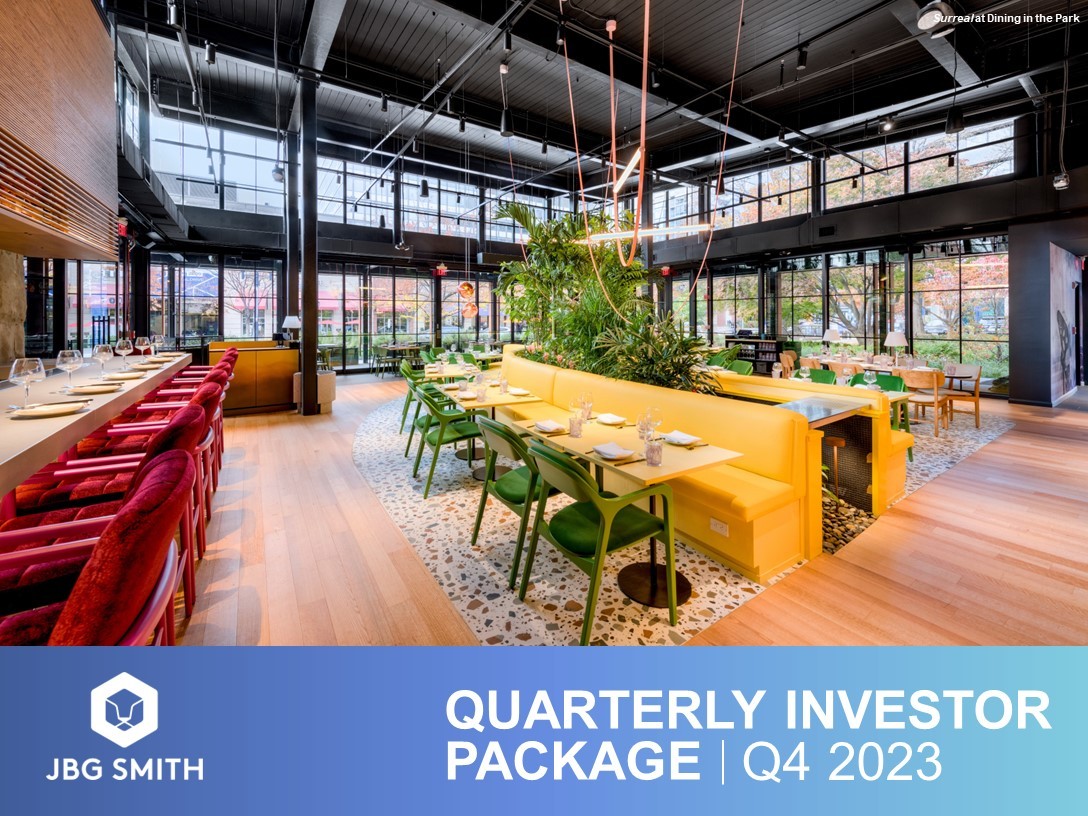
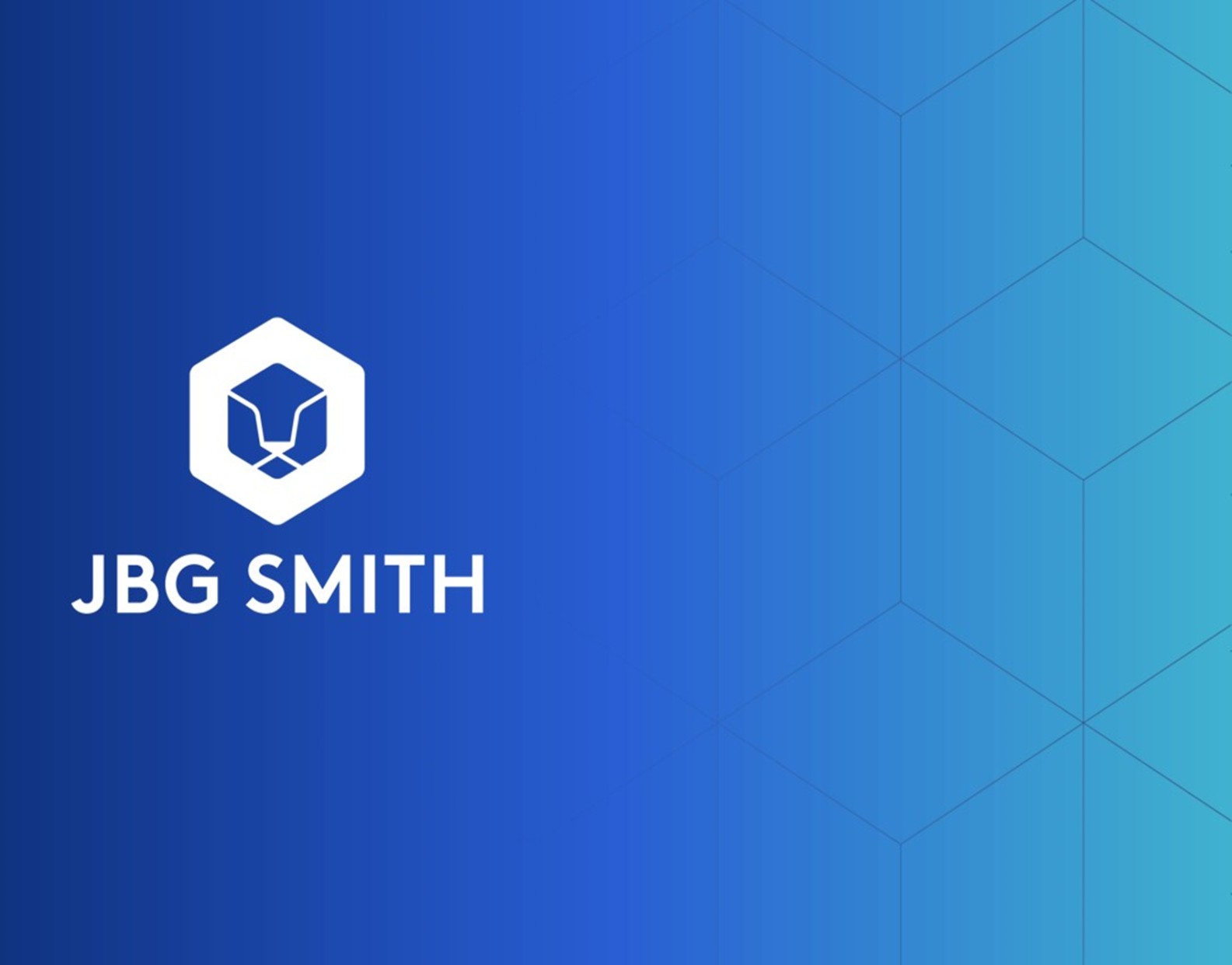
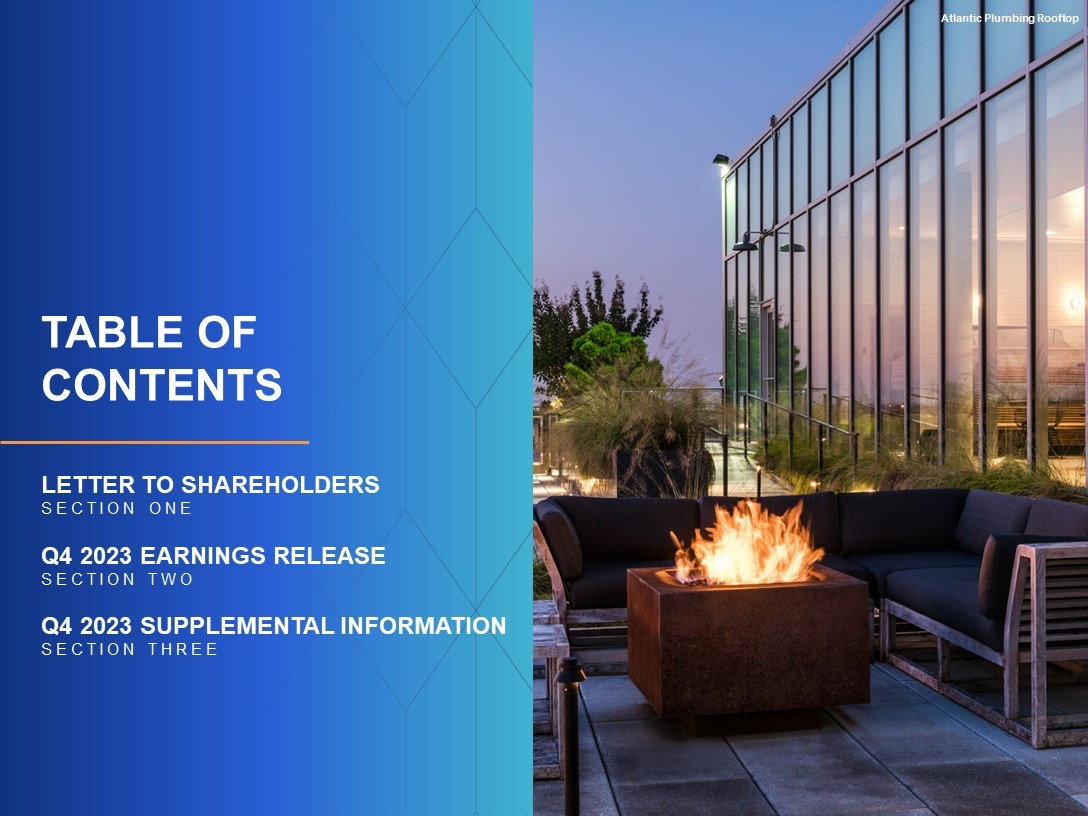


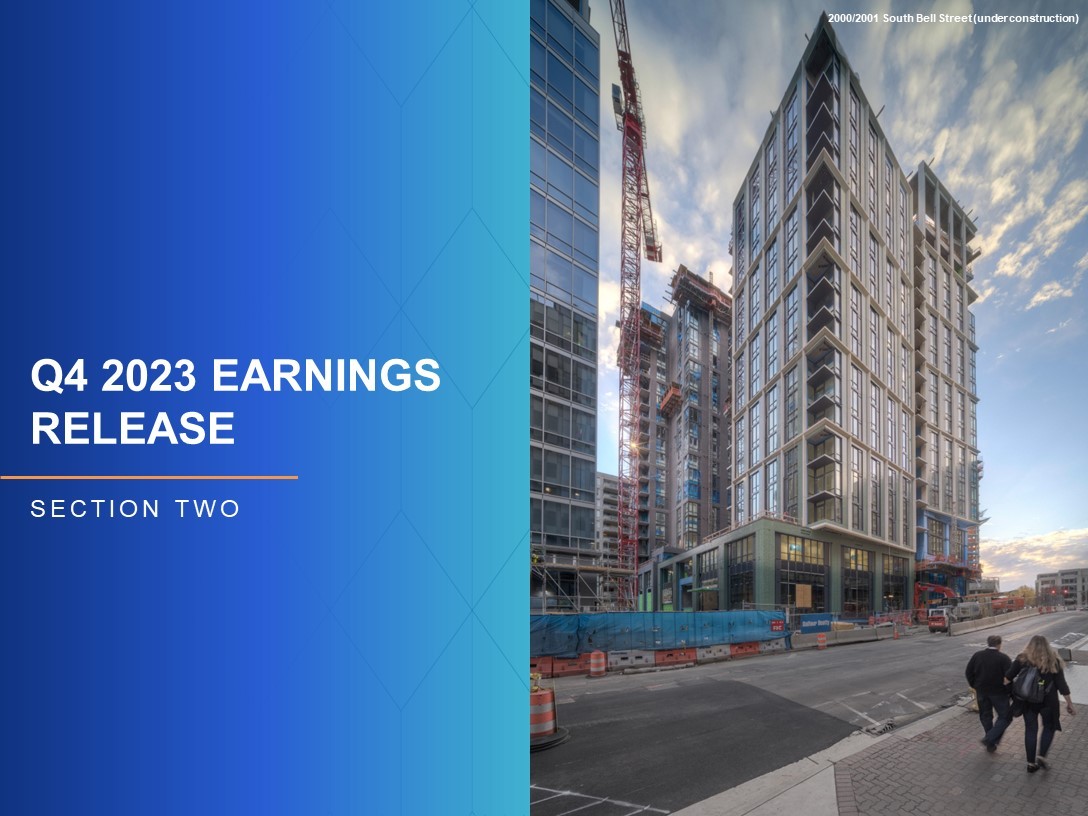 Section Two – Earnings Release
Section Two – Earnings Release